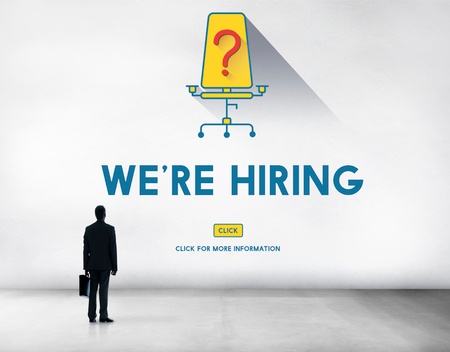REC’s report on jobs for October 2016, revealed that demand for candidates is at its highest since May, offsetting concerns over the impact of Brexit on the UK economy. Not only is hiring up but job seeker interest is down. Applications for open jobs fell by 3% in October, according to CV Library.
At the same time, new research from Robert Half[1] has found that UK HR directors take an average of four weeks (27.59 days) to recruit for a vacancy within their organisation. The lack of qualified candidates and increase in the number of applications per job post are contributing to the delay.
A lengthy hiring process jeopardises HR’s ability to compete in today’s jobs market. While your HR team is trying to decide on a shortlist for interview, your ideal candidate has abandoned your application process and accepted an alternative job offer.
Recruitment software is the easiest way to make a rapid impact on your time to hire. Here’s how:-
Reduce screening time (estimated time according to Robert Half 4.77 days) : Streamlining your screening with applicant tracking software is the simplest way to deal with the volume of candidates holding up the hiring process. Incorporate specific keywords and essential experience for your vacancy to filter applications more rapidly. A candidate persona will determine those key skills for critical roles, or for jobs recruited on a regular basis. Fast track qualified candidates or employee referrals by tagging them through your ATS.
Candidate skills testing (4:18 days) : Reduce skills testing during the screening process with tools such as online assessments and gross negative disqualifiers (GND). GNDs allow candidates to screen themselves out of consideration if they do not meet either job specific or company wide criteria. Gamification offers an additional tool for measuring candidate capability and is ideal for companies focused on quality of hire. Incorporating assessments during initial screening ensures candidates who pass through to the next stage possess the basic skills your business needs.
Interviewing job applicants : (4.75 days) : Avoid ‘death by interview’ by limiting the total number of interviews, eliminating repetition of questions and collaborating with stakeholders to minimise delays. Allow candidates to self schedule interviews through your recruitment software and incorporate video interviews to both reduce time to hire and unconscious bias. Recruitment analytics will provide insight into your average number of interviews per hire. Anything above three is too many.
Background checks : (5.19 days) : Background checks are one of the most essential parts of the hiring process but should not delay it. Use HR technology with integrated links to DBS (Disclosure and Barring Services) and accredited agencies to speed up the process.
Collaborating/selecting the candidate for hire (4.40 days) : If it takes HR four days to agree on the successful candidate your offer will be too late. A delay in decision making will result in lost talent and reflect poorly on your employer brand. HR technology facilitates easier and rapid sharing of information. Aim for no more than 24 hours to inform the successful candidate of your decision.
Negotiating the job offer (4:30) : Reducing this hiring metric is an urgent requirement as job applicant numbers fall. A delayed response from your candidate, or an attempt to renegotiate terms, suggests that they may be ‘job hoarding’. Be prepared to overcome objections quickly, call your candidate to obtain a verbal acceptance and ask for immediate formal confirmation. It’s at this point that onboarding begins.
Don’t lose out on talent. Hire better people faster with world class recruiting software. Contact Advorto today.
You might also like to read:-
Talent Acquisition : 10 Steps To Ensure Your Job Offer Is Accepted
6 Ways To Improve Your Hiring Success On Job Boards
Image Credit : www.123rf.com/profile_rawpixel
[1] Source : https://www.roberthalf.co.uk/press/hr-directors-spend-28-days-recruitment-process






